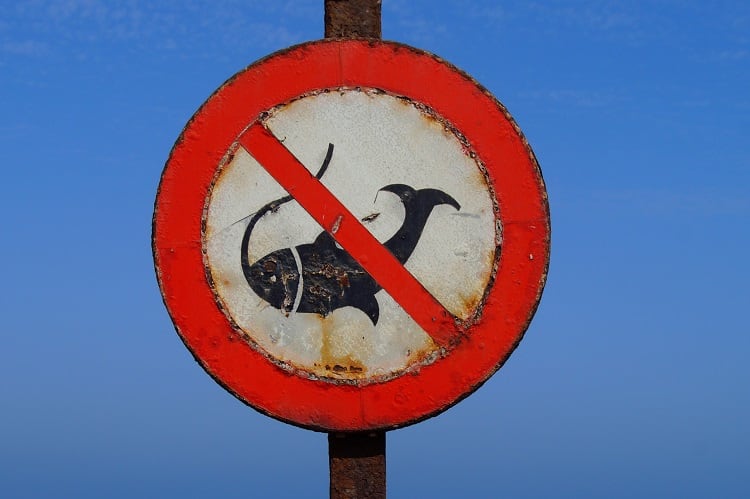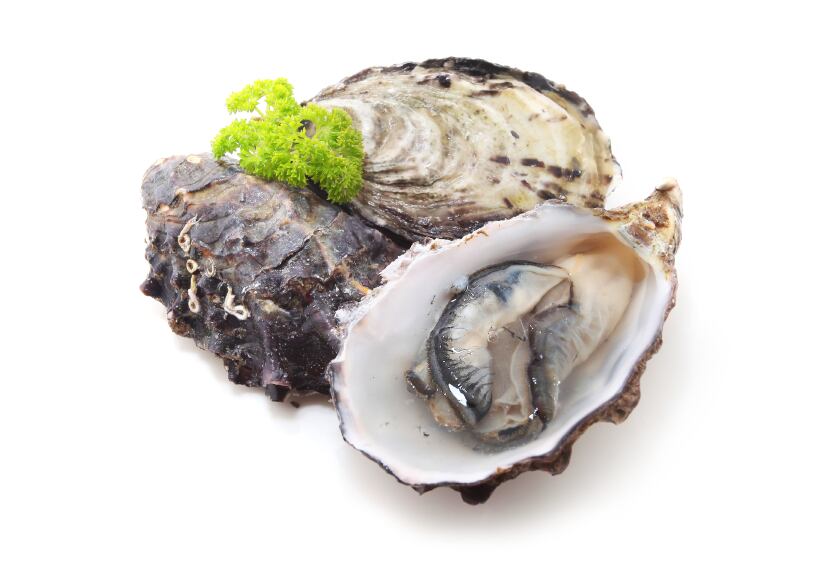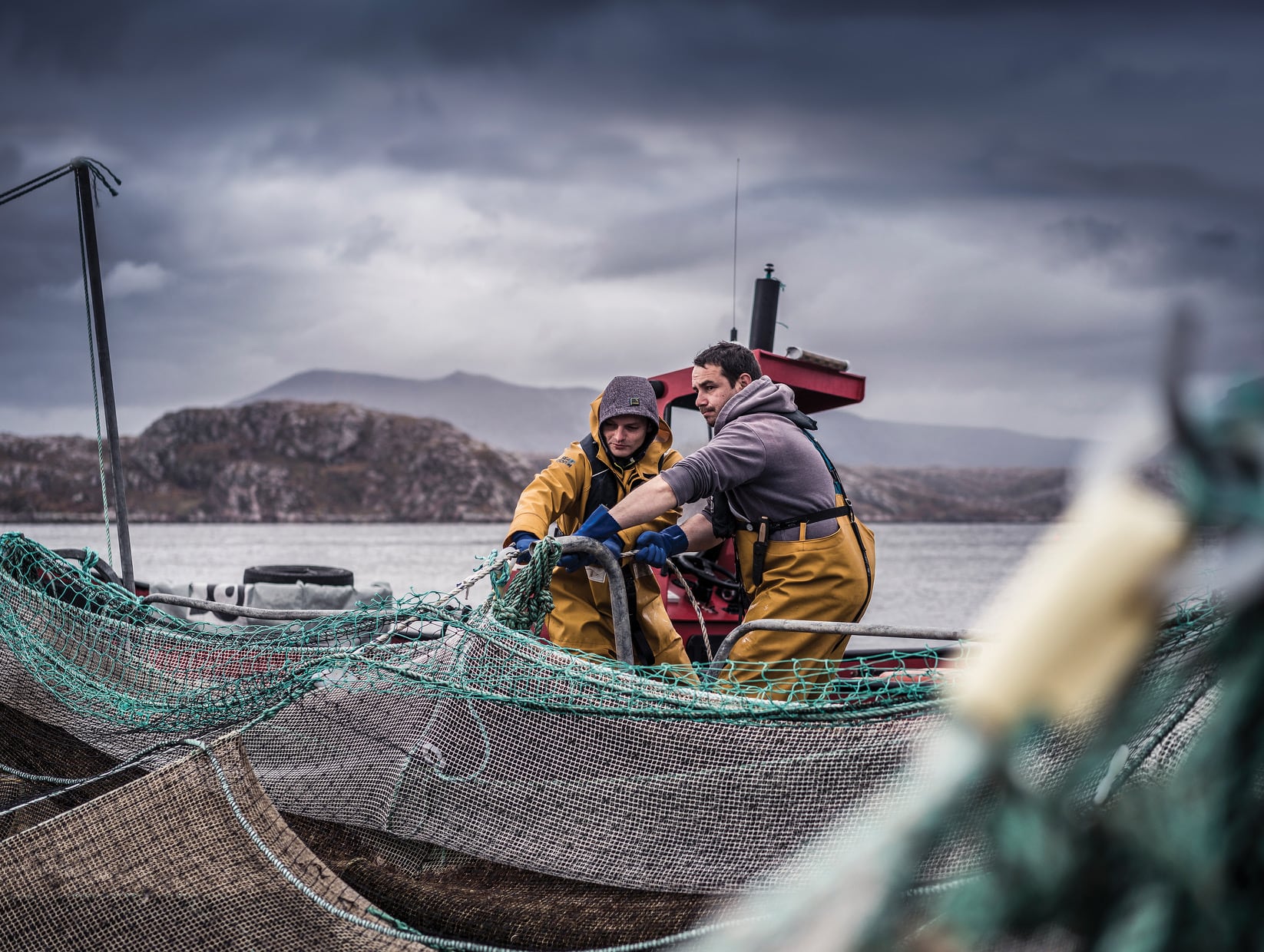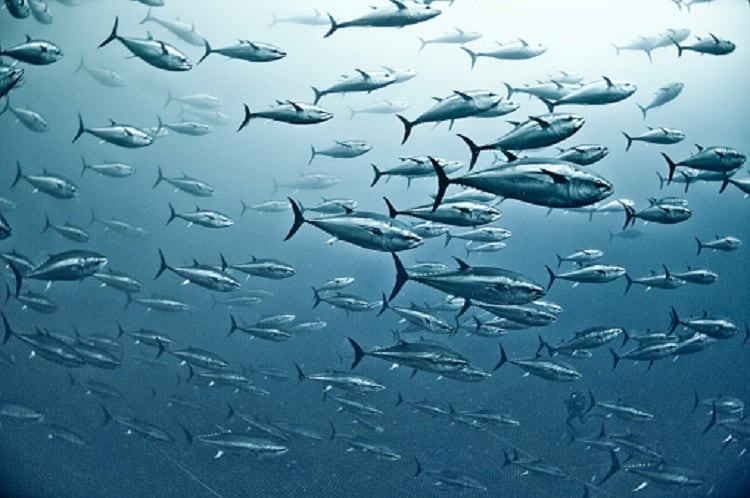Illegal, unreported and unregulated (IUU) fishing is taking its toll on marine environments, food security and livelihoods.
An estimated one in five wild-caught fish is fished illegally, equating to between 11 and 26 million tonnes of fish per year. According to the IUU coalition – which aims to prevent, deter and eliminate IUU fishing – global losses associated with these methods are at a predicted $10-23.5bn per year.
These figures represent a major loss of revenue, particularly to lower income countries. In West Africa, for example, where a number of coastal countries are dependent on fisheries for food and livelihoods, an estimated $1.3bn in revenue is lost to IUU fishing per year.
This week, on the occasion of the international day against IUU fishing, the coalition launched a report detailing the minimum transparency and anti-IUU fishing measures required to stamp out these illegal activities.
Scope
The EU IUU coalition is comprised of five non-government organisations (NGOs): the Environmental Justice Foundation (EJF), Oceana, the Pew Charitable Trusts and the World Wildlife Fund (WWF).
What is IUU fishing?
According to IUUWatch, illegal unreported and unregulated fishing refers to activities that contravene national laws and regulations, the conservation and management measures of Regional Fishery Management Organisations (RFMOs) and, where relevant, international law.
Their report targets all regional fisheries management organisation (RFMO) stakeholders, acknowledging the role that contracting parties and cooperating non-contracting parties (CPCs) of RFMOs play in fisheries management. According to the coalition, CPCs are “uniquely positioned to promote and establish transparency and anti-IUU measures”, yet are “very slow” to progress this agenda.
“In the report, we outline the main measures we consider essential to tackling IUU fishing and to increase transparency in RFMOs,” WWF illegal fishing policy officer Antonia Leroy told FoodNavigator.
“We have measured from the point of harvest through the landing, transportation, and trade of fish products,” she continued.
The report covers maritime areas covered by four RFMOs: the General Fisheries Commission for the Mediterranean (GFCM), the International Commission for the Conservation of Atlantic Tunas (ICCAT), the Indian Ocean Tuna Commission (IOTC) and the Southern Indian Ocean Fisheries Agreement (SIOFA).
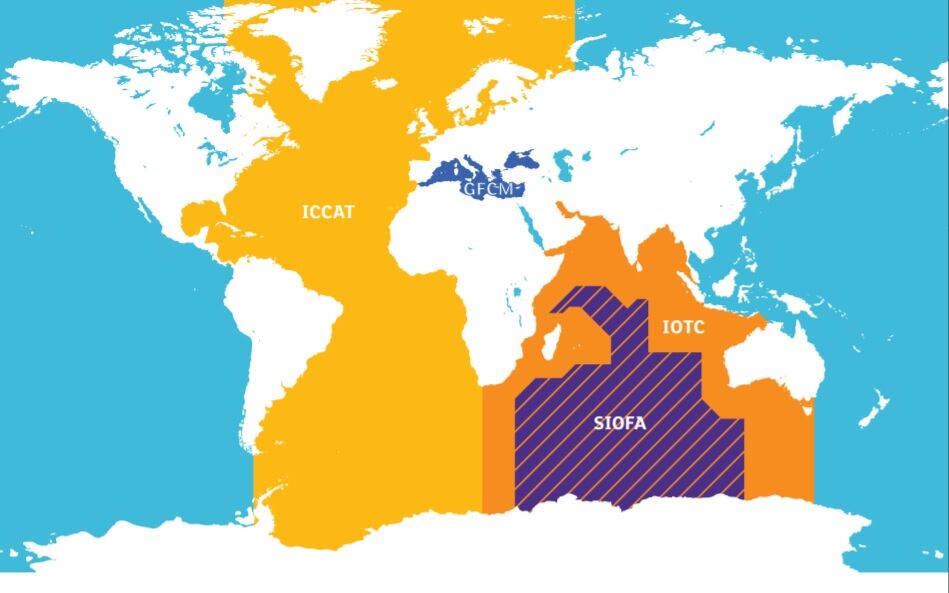
In these regions, the coalition sees many unreported or misreported catches, said Leroy. “This is because [fishermen and women] may not know the origin of the fish, or don’t have good traceability systems. Or they may…over catch but not report it.
“This is happening because we don’t have good traceability tools, or good vessel monitoring system (VMS) data to monitor where and what people are fishing.”
Recommendations
The coalition has called all stakeholders to action in an effort to dissuade IUU fishing, and build transparency procedures in RFMOs. “Urgent multilateral action and coherent measures across RFMOs are needed to put an end to the many shortfalls currently present in the international fisheries realm,” note the NGOs.
At a government level, the IUU Coalition calls on the EU to:
- Continue leading on promoting transparent fisheries governance at a global level;
- Build alliances with RFMOs’ CPCs in intensifying efforts to effectively implement measures for tackling IUU fishing practices; and
- Establish (when not in place) and enforce RFMO measures that would trigger against CPCs in cases of non-compliance.
In order to identify and track vessel activities at the point of harvest, the coalition has called for comprehensive registration and authorisation information of vessels – complimentary to RFMO authorised vessel lists. Reported information should include: vessel name, tonnage, length, international maritime organisation (IMO) number, the type of authorisation – including target species – and information on vessel owners.
The coalition has also stipulated that IMO numbers be mandatory on all motorised fishing vessels above 12 metres. “Unique vessel identifiers (UVI) are a key tool in preventing and combating IUU fishing.
“This is essential for the effective and reliable monitoring of a vessel’s activity and for tracking its compliance with conservation and management measures (CMM),” writes the coalition group.
With regards to the landing and transporting of fish products, the report demands the implementation of effective port State measures, which it claims have prevent the occurrence of so-called ‘ports of convenience’ – ports with limited capacity to carry out adequate inspection operations.
The report also covers transparency procedures, Leroy told us. “These come through innovative decision-making processes as well as compliance mechanisms that need to be strengthened.”
Overcatch, for example, can be stamped out with improved traceability across the entire fish product value chain, the coalition argues.
“RFMOs need to deliver effective mechanisms for enforcement and create a culture of compliance among their CPCs and in regards to fishing regulations,” writes the coalition, suggesting RFMOs adopt electronic catch documentation schemes (CDS) for all commercial species. “Although a CDS may not prevent all forms of IUU fishing, it can significantly improve traceability along the value chain.”
While Leroy acknowledged there are “many more” measures that could be recommended by the coalition to implement better conservation management in RFMOs, these priorities “can really move [things] forward,” she told us. The report aims to improve “transparency worldwide, and to put more sustainable fishery products on our plate”.


